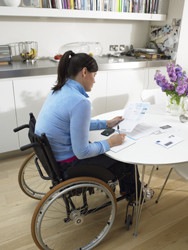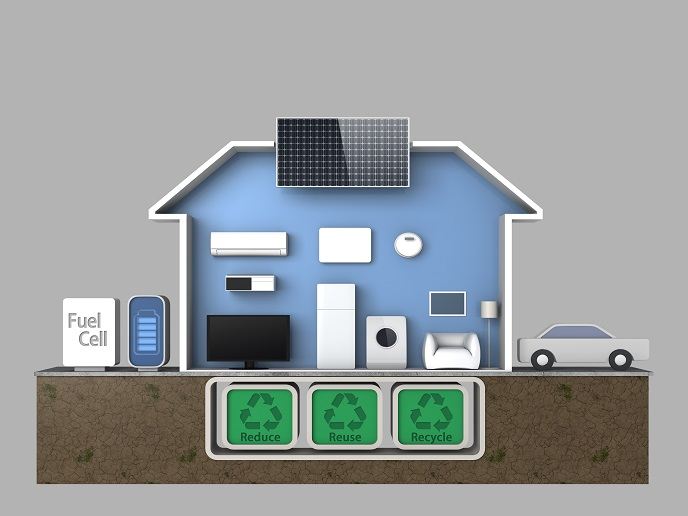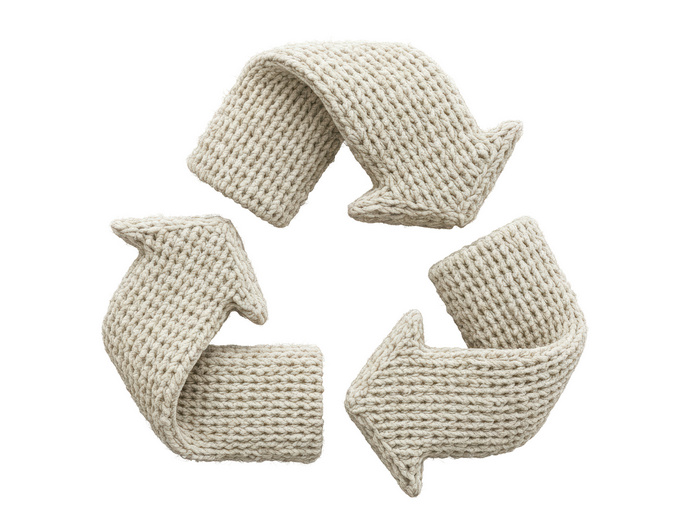Improving customised clothing
Currently, millions of European people with disabilities need specially made clothing, footwear and orthotics. However, these are often very difficult to obtain, except with lengthy delays and high costs. The FASHION-ABLE(opens in new window) (Development of new technologies for the flexible and eco-efficient production of customized healthy clothing(opens in new window), footwear(opens in new window) and orthotics(opens in new window) for consumers with highly individualised needs) project has analysed user needs and required functionalities and developed new technological solutions. Consisting of 14 members from 6 European countries, the EU-funded consortium aimed to help European small and medium-sized enterprises (SMEs) flexibly manufacture customised, eco-efficient products. First, the project focused on defining and quantifying a framework of user attributes, using end-user specifications to develop product customisation services. They were then able to connect configurators of product style to an automatic method for adapting product dimensions to atypical individual shapes and postures. The creation of a new stretching textile, the combination of stretch leather and 3D fabrics, was another important project development. This fabric holds new mechanical properties and has an improved tactile feeling. A new manufacturing machine was created together with a computer-aided manufacturing system. The machine has parameters based on past quality control checks that control main machine elements, allowing producers to continue and improve upon past results of verified quality. A process was established that relates specific customer measurements to a reference size that is then adapted specifically to customers' slightly divergent measurements. Thus, the made-to-measure process can cluster certain customer groups and limit issues of cost and waste that can occur with customisation. To ensure the continual reuse of environmental studies, a new process was developed, titled the 'Life-Cycle Analysis'. This will help to combat environmental issues that accompany the high variability of the product chain and the use of new materials and sector-specific components. Three demonstration campaigns were conducted across Belgium, Germany, Spain, Italy and Poland to test the actual product with real customers and key target groups: wheelchair users, people with diabetic foot and obese people. FASHION-ABLE has contributed significant improvements to the customisation of products for people with disabilities. The cross-sectorial technologies developed by FASHION-ABLE will appease the cost and efficiency concerns associated with customised products. Overall, such products will be made more quickly and economically, while also improving comfort, lowering health complications and increasing profitability for participating SMEs.







